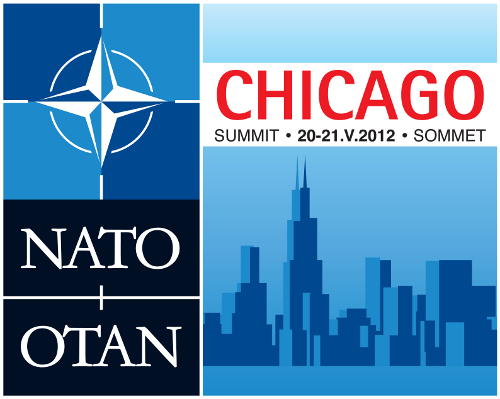
From Fred Kempe, the New Atlanticist: As America’s willingness and capability to act unilaterally declines, any U.S. president will find himself increasingly drawn to NATO as an even more vital tool for foreign and defense policy – against a host of global threats ranging from Syrian upheavals and North Korean nuclear weapons to cyber attacks and piracy. The problem, however, is that NATO members more often than not won’t be located where they are most needed. Or due to lack of political will or inadequate military muscle, many NATO members may not have the capability to intervene. That means regional partners will be increasingly necessary to provide both the credibility and resources for the most likely future operations. . . .
NATO’s efforts to broaden and deepen cooperation with capable partner nations can be rolled out as a pro-active, forward-looking initiative that has NATO going on offense for a new era. So that no one misses his notion of NATO at the core of a global security network, President Obama and his allies will stage an unprecedented summit meeting with 13 partner nations – from South Korea, Japan, New Zealand and Australia in Asia-Pacific to Jordan, Morocco, Qatar and the United Arab Emirates in the Middle East and North Africa. Also present will be five European states that aren’t members of the alliance but routinely contribute to alliance activities – Austria, Finland, Sweden and Switzerland.
What they’ll be trying to do is give teeth to an agenda for NATO that I first saw discussed in detail by former National Security Adviser Zbigniew Brzezinski in a major Foreign Affairs article in October 2009. He argued against those who wished to expand NATO into a global alliance of democracies. He said that would dilute the crucial importance of the U.S.-European connection, which still accounts for half of the world’s economy, and that none of the world’s rising powers would be likely to accept membership in a global NATO. An ideologically defined democratic alliance would needlessly draw institutional lines between the U.S. and, for example, China.
“NATO, however, has the experience, the institutions, and the means to eventually become the hub of a globe-spanning web of various regional cooperative-security undertakings among states with the growing power to act,” he wrote. “In pursuing that strategic mission, NATO would not only be preserving transatlantic political unity; it would also be responding to the twenty-first century’s novel and increasingly urgent security agenda.”
It would also rescue the alliance from geostrategic irrelevance.
Fred Kempe is the president and CEO of the Atlantic Council. This blog series was originally published by Reuters.
Image: NATO-Chicago-Summit-Logo.jpg
